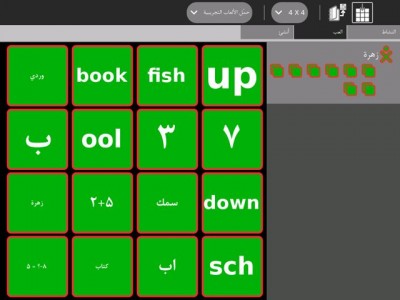By Antonio M. Battro, OLPC’s Chief Education Officer
As stated by the Millennium Goals of the United Nations, it is our duty and responsibility to provide a good education for all children. The purpose is to provide at least elementary schooling to every child in the world by the year 2015.
Education is essentially about universal values of truth, beauty and good. These values are embodied in historical times. We must recognize that today a new artificial environment interacts with our planet: the digital environment. The sad fact is that while many of us live in the digital era, many more are excluded. The digital divide is one of the greatest obstacles to overcome in contemporary education, especially in poor communities.
An isolated school without computers and connectivity to the Internet is incompatible current educational requirements. But of course, technology is not sufficient. Technology may have an impact on education only if constructive dialogue is occurring among teachers, students and their families. Moreover, digital technology should be in the hands of children at an early age for them to learn the new digital language as a second language. And it must be mobile (laptops or netbooks, instead of PCs) because children learn in many kinds of settings, not only in the classroom.
Some economists have tried to measure the educational impact of digital technologies, but they have reported conflicting results (cf. Computers at Home: Educational Hope vs. Teenage Reality, by Randall Stross, New York Times, July 9, 2010). For instance, children using computers at school and at home have attained good computer skills while their grades in mathematics and language declined. The more so if they live in low income households. These results need clarification.
First, it is important to understand that time is needed to produce a cognitive transformation in a student. It is possible that some of the reported failures are biased because academic performance was evaluated too soon. Any evaluation must factor in the time span of an entire cohort, which is the basic unit in education. The time cannot be abridged; it requires the entire development of the young mind, from childhood to adolescence, some 10 years since the child enters first grade when most of the connections of the developing brain are made. Many cognitive capacities may be latent for years before they are expressed. Currently, tests are frequently done in static and conventional cross sections during the school year instead of in longitudinal studies of individual cognitive dynamics.
Second, in the digital era we can use digital tools for assessment (e.g., online monitoring of the student activities) but we still need new methodologies to obtain robust results. In particular, traditional statistical comparisons between experimental and control groups (as reported in the quoted studies) are not possible when the digital divide disappears and the entire population of students and teachers of a region or country has full access to the digital environment at school and at home. In that case, the control groups disappear and all students have been “vaccinated.†We must invent new methods of evaluation for the digital era.
Third, scale creates phenomenon. We need to change from microscopes to telescopes in order to encompass the wide spectrum of natural phenomena at different scales. The same is true in education…
Continue reading →



